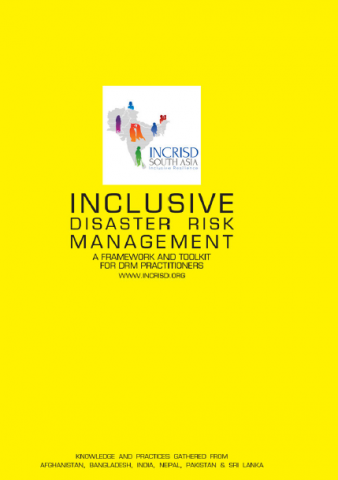Research on Capacity Building for Disaster Risk Management.
This Strategic research into national and local capacity building for disaster risk management includes a sythesis report, policy recommendations, literature review and case studies. The research is conducted Oxford Policy Management (OPM) and the University of East Anglia (UEA) for the International Federation of Red Cross and Red Crescent Societies (IFRC) in September 2013. As part of the research, an M&E framework has […]
Research on Capacity Building for Disaster Risk Management. Read More »

